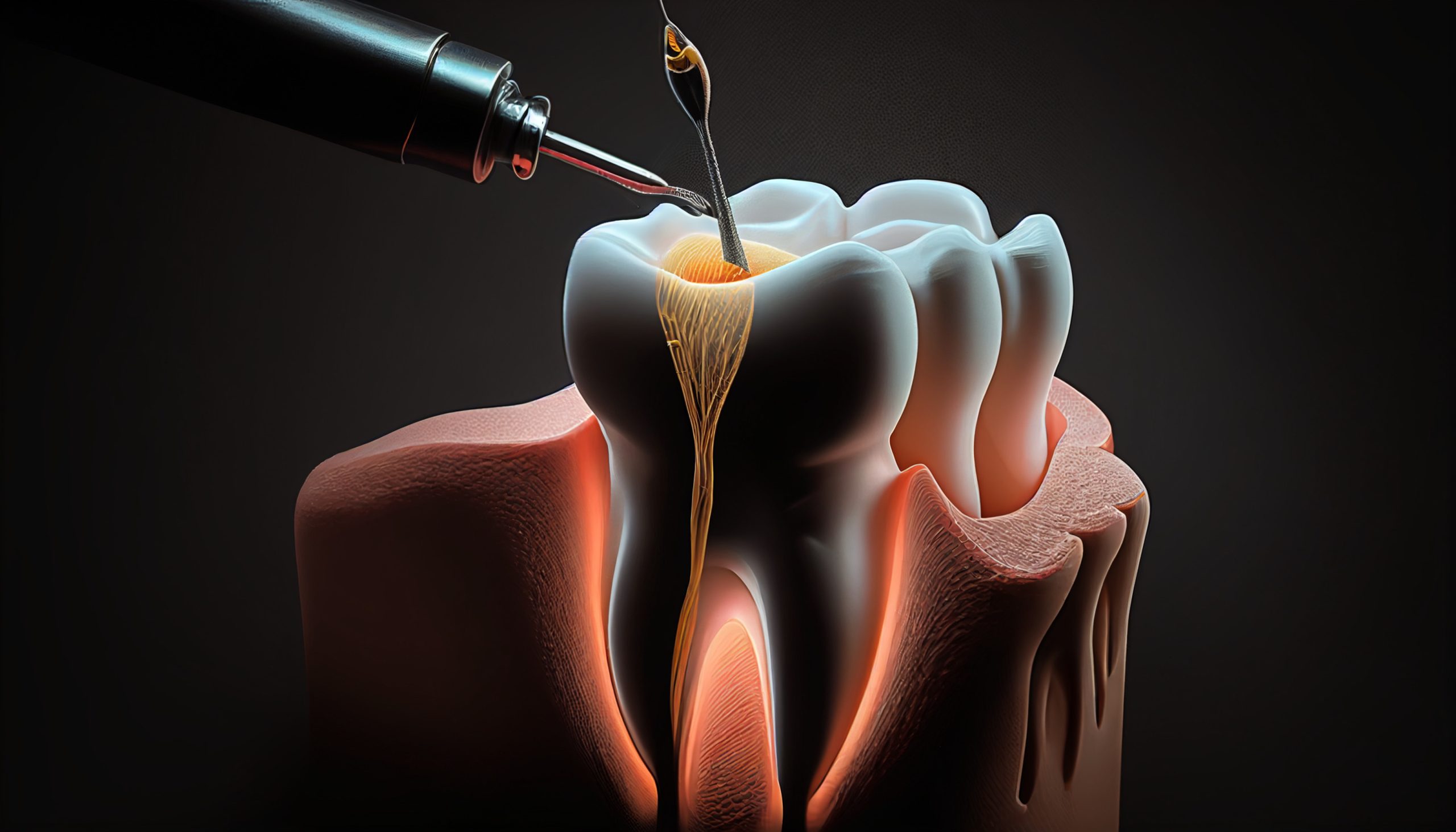Can antibiotics fix a failed root canal?
A root canal is often the last resort to save a severely infected tooth. While this procedure typically offers long-term relief from pain and infection, there are cases where the treatment fails. A failed root canal can bring back discomfort, swelling, or signs of infection—leaving many wondering whether antibiotics alone can solve the issue. While antibiotics are a powerful tool in modern dentistry, their ability to fix a failed root canal has its limits. Understanding what antibiotics can and cannot do is crucial to seeking the right treatment and avoiding prolonged complications.
What Is a Failed Root Canal?
A root canal becomes necessary when the pulp of a tooth—the soft tissue inside—is infected or inflamed due to deep decay, repeated dental procedures, or trauma. During treatment, the pulp is removed, the canals are cleaned and shaped, and the space is filled to prevent further infection. However, the procedure can fail due to incomplete removal of bacteria, leakage from the filling, or untreated canals.
When a root canal fails, symptoms may return, such as sensitivity, gum swelling, pain when chewing, or even the formation of an abscess. In such cases, prompt evaluation by a dental professional is essential.
Can Antibiotics Be the Solution?
Many people turn to antibiotics in hopes of avoiding another dental procedure. Antibiotics can help control the infection temporarily by reducing bacteria levels and inflammation, especially when the infection has spread beyond the tooth. However, they cannot address the root cause of the failed root canal—namely, the persistent bacterial presence within the root system itself.
Antibiotics are not a definitive solution because they cannot reach the interior of the tooth where the infection resides. The dense structure of teeth limits the penetration of antibiotics, making them ineffective for eradicating bacteria trapped in the root canals.
To truly fix a failed root canal, more comprehensive dental intervention is needed, such as a root canal retreatment or an apicoectomy, depending on the case. You can explore more about the process and advanced treatments at Root Canal Treatment in Islamabad.
When Are Antibiotics Prescribed in Root Canal Failures?
Dentists may prescribe antibiotics in certain situations, especially when:
- There is facial swelling or fever.
- The infection has spread to surrounding tissues.
- The patient is immune-compromised.
- The pain and inflammation are severe, and immediate surgical access isn’t possible.
Even then, antibiotics are only used as a supplementary measure. The main goal remains to physically remove the source of infection through dental procedures. It is important to complete the full course of antibiotics if prescribed, but also follow up with the necessary corrective dental work.
Treatment Options After a Failed Root Canal
When a root canal fails, several treatment options are considered:
1. Root Canal Retreatment
The dentist reopens the tooth, removes the previous filling, cleans and disinfects the canals thoroughly, and reseals them. Retreatment has a high success rate, especially when performed by experienced endodontists.
2. Apicoectomy
If retreatment is not possible or fails again, an apicoectomy may be recommended. This surgical procedure involves removing the tip of the tooth root and sealing it to prevent reinfection.
3. Tooth Extraction and Replacement
In some cases, if the tooth cannot be saved, extraction may be necessary. A dental implant, bridge, or partial denture can be used to restore function and aesthetics.
Why Professional Care Is Essential
Relying solely on antibiotics without addressing the source of infection can lead to serious complications, including bone loss around the tooth and spread of infection to other areas. Timely intervention from a skilled dental team ensures long-term relief and prevents recurrence.
Choosing the right clinic for root canal retreatment or advanced dental procedures is crucial. A center with experienced specialists and modern techniques can significantly increase the chances of a successful outcome.
Conclusion
While antibiotics play a supportive role in managing dental infections, they cannot fix a failed root canal on their own. The real solution lies in addressing the cause through proper dental intervention such as retreatment or surgical correction. Ignoring symptoms or relying solely on medication can lead to worsening conditions. For expert care and advanced dental treatments, consider reaching out to Royal Cosmetic Surgery PK, where your oral health is treated with precision and care.

